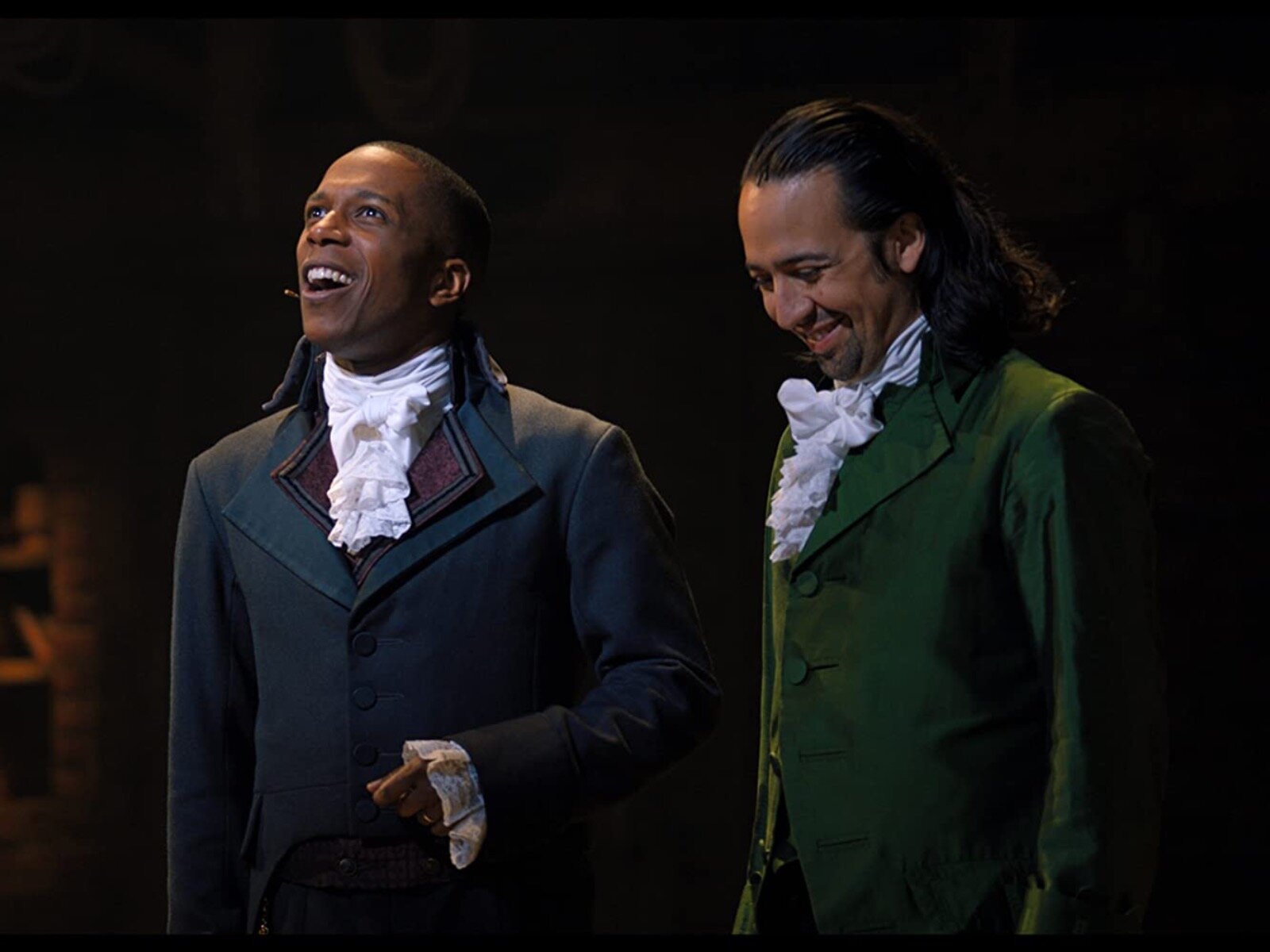The posters and advertisements for "Winter’s Tale" insist for viewers to "believe in miracles." Moviegoers are going to have to believe in a lot more than miracles, however, if they’re going to get through writer-producer-director Akiva Goldsman’s twinkly time-hopping romance without stifling a laugh or ten.
We’ve got a magic flying horse, magic stars, magic light, angels, demons and, somehow the most disorienting of all, Will Smith playing a very different kind of prince, one a very long way from Bel Air. It all plays like the product of Nicholas Sparks, if only Sparks was inspired by a few too many drunken late night screenings of "Constantine." And that’s all before the time traveling comes into the picture.
Oddly enough, there’s something almost charming and noble about "Winter’s Tale" and its enthusiastic, blind commitment to utter magical realism nonsense. But it’s charming like a 15-year-old who still believes in Santa Claus; its innocence and gung-ho belief in something so ridiculous is kind of sweet, but somebody probably should’ve put a stop to it before it got embarrassing.
The maudlin weepie silliness starts early and often. After getting turned away at the doorstep of America, a young immigrant couple in desperation puts their baby in a small mini boat and floats it back to America. The plan miraculously works (this is actually low on the totem pole of ridiculousness in "Winter’s Tale"), and the baby grows up into a strapping young thief named Peter Lake (Colin Farrell, acting nicely through an unruly floppy emo mop of a haircut).
While picking his way through a wealthy apartment, Peter has a meet-cute with Beverly Penn (Jessica Brown Findlay of "Downton Abbey"), the charming redhead daughter of a millionaire newspaper baron. The two fall in love instantly, but Beverly is unfortunately dying of consumption. A rare strain of consumption that doesn’t cause coughing fits, but instead is a merely a fever that allows Beverly to see light magic (I … don’t know what this is, but according to her and Goldsman, lens flares magically connect us all) and forces her to sleep in a cold tent on the roof.
Still, Peter is not intimidated by her impending death or her rambling about light magic. Instead, he decides he must save Beverly, or at least give her a memorable, love-filled final six months.
Peter, however, has demons. Actual, literal demons, led by the scarred Irish hoodlum Pearly Soames (Russell Crowe). They want to kill Peter because of some vaguely discussed past slight against them, especially Pearly. They get close early on, but Peter is saved by his trusty guardian angel space steed that looks like the animators couldn’t decide if they wanted it to have wings or not, so they landed somewhere in the middle.
Pearly doesn’t give up that easily. After going into a murderous trance to finger-paint a picture of a redhead (more like a red splotch attached some other red splotches, but whatever, artistic license), he decides Beverly, as well as Peter, must die because he’s going to perform a miracle on her and save her. Demon-faced Pearly can’t have that because it’s his job to squelch miracles in some century-spanning battle between angels and demons involving light gems. If Peter performs the miracle, he’ll fly his Pegasus into the sky and become a star and WHAT AM I EVEN SAYING ANYMORE?
As his Oscar-winning, controversially sanitized script for "A Beautiful Mind" proved in the past, Goldsman has never been one to let reality get in the way of a good story (or, in the case of his Dan Brown adaptations, merely pulpy ones). But in adapting Mark Helprin’s much beloved 1983 novel for his directorial debut, Goldsman completely disconnects from reality in the service of a sloppily told, relentlessly silly tale.
He keeps piling on new convoluted supernatural elements without particularly explaining them, incorporating them into the story or knowing when to stop (pro tip: when the term "flying spacehorse" is involved, you’ve gone too far). Even with needless voiceover narration from Beverly attempting to explain the light magic and how "light connects us all," it’s uncertain what the rules are or what this magic is about. Logic and characters’ motivations are lost in the twinkly, swooning shuffle, with Goldman assuming "it’s magic" can explain all of the plot’s problems away.
Not helping matters is Goldsman’s dialogue. When it’s not confusingly vague, it’s merely nonsensical. Pearly keeps calling Peter’s Pegasus friend a dog for reasons that are never explained, and there’s an utterly baffling conversation between Peter and Beverly’s father (William Hurt, clearly not giving a single eff) that turns into a debate about the correct pronunciation of "fillet." When Peter says, "I’ve had no memory for as long as I can remember," you begin to wonder if the movie received a script polish from Yogi Berra.
Eventually, the third act comes along, with Peter yearningly moping around modern day New York. Meanwhile, Goldsman hurriedly attempts to make the audience care about two new characters, a journalist played by Jennifer Connelly and her sick daughter. Unfortunately, that’s not how good storytelling works. The audience never makes an emotional connection with these new dramatic hangers-on, and the big climax is a dud.
The issue of pacing comes up elsewhere in "Winter's Tale," namely when an passionate love scene is followed up mere seconds later with a lover's death, so immediately that it seems like a cause-and-effect situation. It should be one of the film's most emotional moments, but instead it's almost chuckle-worthy.
In terms of logic and storytelling, "Winter’s Tale" is certainly a train wreck. But it’s an oddly watchable train wreck. While his story may be a silly mess, Goldsman, alongside seasoned cinematographer Caleb Deschanel ("The Passion of the Christ," "The Natural"), brings some warm winter majesty to the romantic visuals. The Penn's snow-covered, purple night-soaked manor up the Hudson in particular looks like something from a Christmas jigsaw puzzle.
Then there's Farrell and Brown Findlay, the literal stars of the show. If it wasn't for them, the movie would likely be intolerable, but they manage to wrangle some sweet chemistry from the unwieldy octopus pool of magic hokum that is Goldsman's screenplay. Their affection is believable, even when everything else around them isn't. Farrell in particular sells the schmaltz as well as possible with his ragged charm and heavy-heart earnestness.
I wanted to buy into the story's wholehearted magical realism swooning and unabashed belief in the overwhelming power of love and its ability to conquer all. There are just some things, though, that love alone just can't overcome. Magical starhorses are high on that list.
As much as it is a gigantic cliché to say that one has always had a passion for film, Matt Mueller has always had a passion for film. Whether it was bringing in the latest movie reviews for his first grade show-and-tell or writing film reviews for the St. Norbert College Times as a high school student, Matt is way too obsessed with movies for his own good.
When he's not writing about the latest blockbuster or talking much too glowingly about "Piranha 3D," Matt can probably be found watching literally any sport (minus cricket) or working at - get this - a local movie theater. Or watching a movie. Yeah, he's probably watching a movie.







